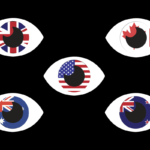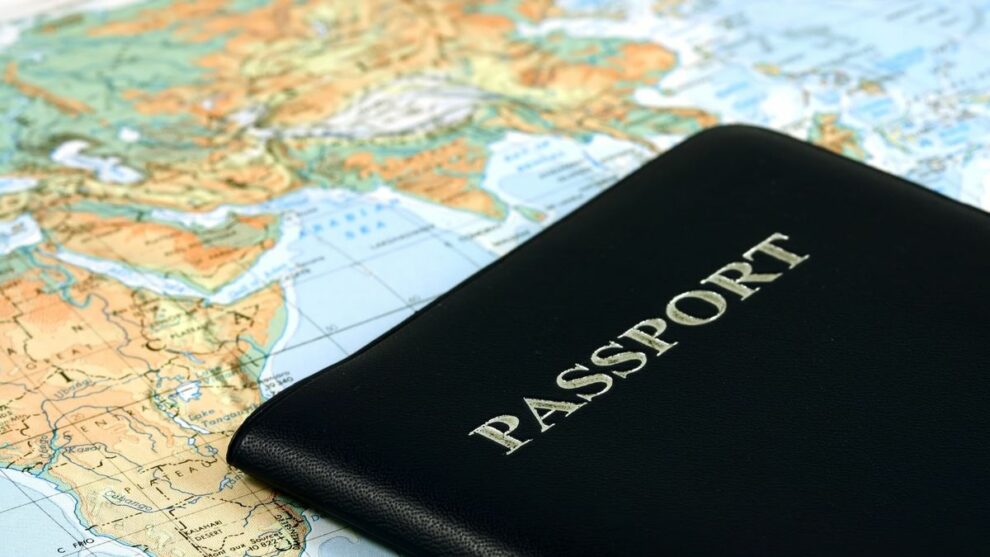The World’s Passport Index for visa-free travel, ranked according to International Air Transport Association, shows the U.S. has slipped two spots and is unlikely to regain its position soon.
Singapore has unseated Japan as the country with the most powerful passport, based on the latest International Air Transport Association data that shows the most ease of access to other countries for travelers.
The U.S. passport ranked 8th, a decline of two places from last quarter.
The Henley Passport Index, released by the global immigration consultancy firm, measures visa-free access to 227 destinations. It ranks the world’s passports according to the number of destinations their holders can access without having to apply for a visa.
The Top 10
1. Singapore: 192 destinations
2. Germany, Italy, Spain: 190 destinations.
3. Austria, Finland, France, Japan, Luxembourg, South Korea, and Sweden: 189 destinations.
4. Denmark, Ireland, Netherlands, and United Kingdom: 188 destinations.
5. Belgium, Czech Republic, Malta, New Zealand, Norway, Portugal, and Switzerland: 187 destinations.
6. Australia, Australia, Hungary, and Poland: 186 destinations.
7. Canada, Greece: 185 destinations.
8. United States, Lithuania: 184 destinations.
9. Latvia, Slovakia and Slovenia: 183 destinations.
10. Estonia, Iceland: 182 destinations.
The U.S.’s decade-long decline in passport power has seen it secure visa-free access to just 12 additional destinations between 2013 and 2023. Singapore’s score increased by 25, elevating it to the top over the past decade.
Annie Pforzheimer, a former U.S. Department of State career diplomat, suggested in the quarterly update that the U.S.’s static state of affairs is likely to remain due to “the lack of a demand from inside the U.S. for a change in policy, the extreme political risk for any group or politician who unwittingly facilitates travel by a terrorist, and the fact that tourism has surged post-pandemic anyway, even with a restrictive visa waiver program.”
“Unfortunately, that status quo, over time, may well contribute to a decline in US soft power if businesses struggle to invite partners to trade shows and meetings, tourists encounter needless application delays and look elsewhere, and open xenophobia erodes the public reputation of the US as a world leader,” said Pforzheimer.
Freedom of Movement
Skift has written about the geopolitical impact of travel, connecting quality of life to how freely people can move across borders. We highlighted strained visa processing and long delays as a 2023 MegaTrend with slow improvement in the past six months, especially for countries at the lower end of the passport power index.
The global mobility gap has broadened. Top-ranked Singapore has visa-free access to 165 more destinations than Afghanistan, at the bottom of the index. By comparison, India, with the world’s largest population, is at the lower end of the index, ranking 80th, with visa-free access to 57 destinations. This further highlights the mobility gap and how it would impact the future of travel.
The U.S.’s divide between countries who are allowed to enter the U.S. without a visa, and those who have to apply for one was the second-largest, trailing only Australia. While American passport holders can access 184 (out of 226) destinations visa-free, only 44 other nationalities are allowed to pass through U.S. borders visa-free, putting it way down the Henley Openness Index in 78th place.
Henley Passport Index over the past 18 years shows an increase in global travel freedom. The average number of visa-free accessible destinations has nearly doubled from 58 in 2006 to 109 in 2023. The UAE, for example, has seen a jump of 44 places in the ranking over the past decade, adding 107 destinations to its visa-free access score since 2013.
Source : SKIFT
















